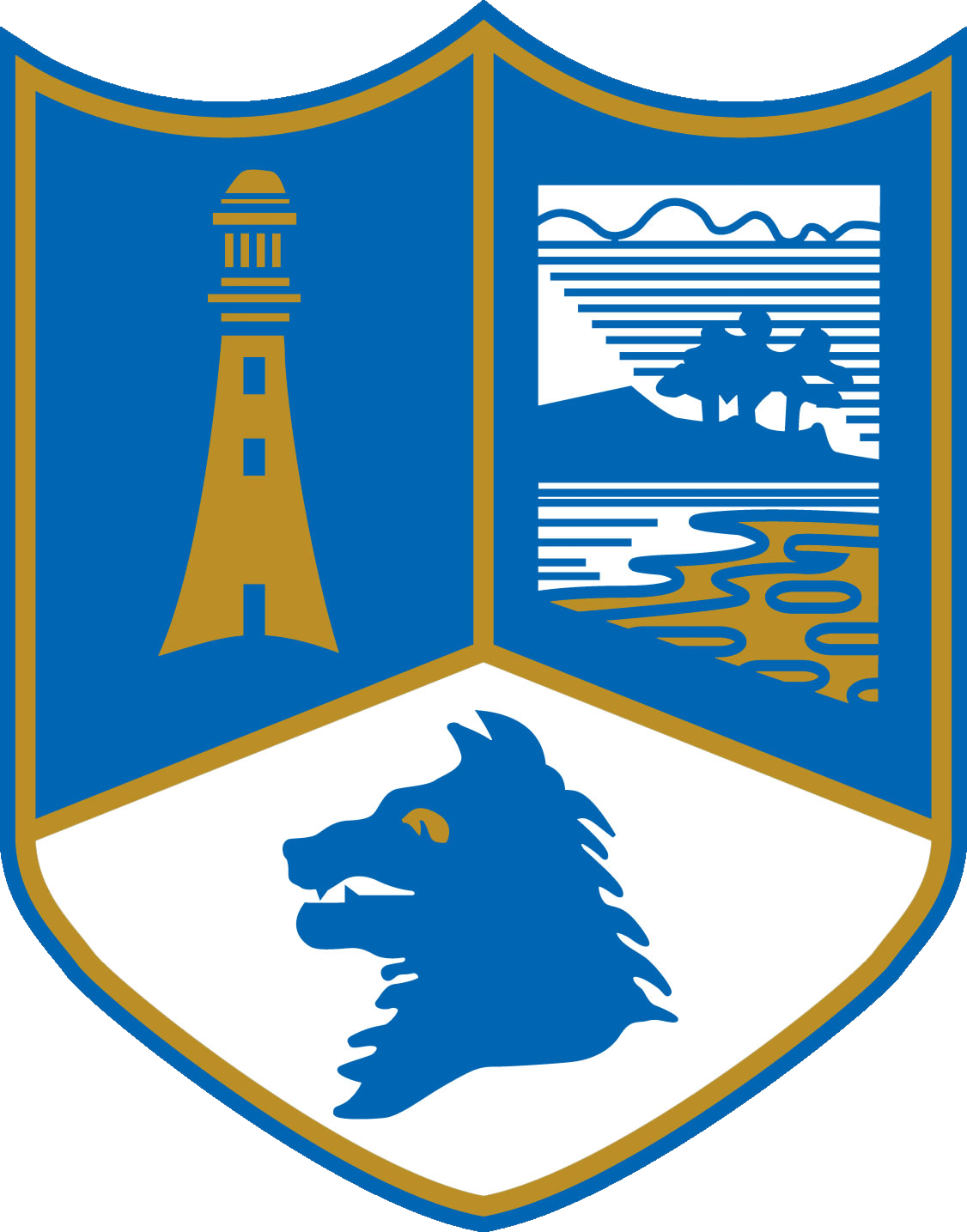More in this Section
Y8 Geography

Head of Department
Mrs Mardell-Burns
Organisation of the subject:
Pupils have 2 x 50 minute lessons a week.
Key Concepts (The big ideas underpinning the subject)
- Geographical concepts such as the interaction between physical and human processes and the formation and use of landscapes and environments. Pupils will use these skills to make connections, draw contrasts, analyse trends and interpret a range of sources of geographical information using maps, diagrams, globes, aerial photographs and Geographical Information Systems (GIS).
- Understanding of the methods of geographical enquiry in order to communicate geographical information in a variety of ways, including through maps, numerical and quantitative skills and writing at length.
- Consolidation and extension of knowledge of the world’s major countries and gaining an awareness of increasingly complex geographical systems in the world.
What will your child be learning?
In Year 8, pupils continue to develop their map reading skills, applying these to our first topic of the year; rivers and flooding. This unit covers river processes, changes in the river system from source to mouth including key features and studies of local and regional flood events. Pupils then study a variety of world climates and ecosystems in the world regions topic. We focus on the Arctic, Antarctic, tropical rainforests and deserts, from plant and animal adaptations to climatic zones to the hazards posed to humans in these locations. The Spring Term begins with a topic on glacial processes and landforms which is supported by a field trip to Ambleside and the surrounding area to take learning from the classroom to the outdoors. During this fieldwork students will cover the interaction between glaciation and the effects of tourism in the Lake District National Park. To finish the summer term, Year 8 complete work on Africa, ranging from differing levels of development to representations of this diverse continent.
Key 'Learning Capacities' in this subject
- Be able to work both independently and collaboratively, both in the classroom and on location during fieldwork.
- Develop confidence in answering questions and asking for help when required.
- Apply techniques used in previous years and in other subjects.
- Inspire pupils’ curiosity to learn more about the world around them.
How will your child be learning?
- Small group work
- Independent research
- One to one discussions with teachers
- Extended projects
- Fieldwork opportunities (of both a human and a physical geography nature)
How will learning be assessed?
- Monitoring homework and classwork
- Regular assessments per that work to consolidate learning and allow for pupils to identify strengths and weaknesses in their geographical studies
- Peer and self assessment opportunities
What can you do to support your child?
- Support homework through research and encourage pupils to look in a variety of places
- Make reference to place knowledge during discussions with your child
- Foster an environment of interest in geography by watching geographical programmes about a variety of places and spaces.
- Engage in discussions about what leaning has taken place
Equipment needed for this subject
- Pens, pencils, ruler, highlighters, coloured pencils, calculator (on occasion).
Extra-Curricular/Enrichment Opportunities
- Opportunities for local field trips
